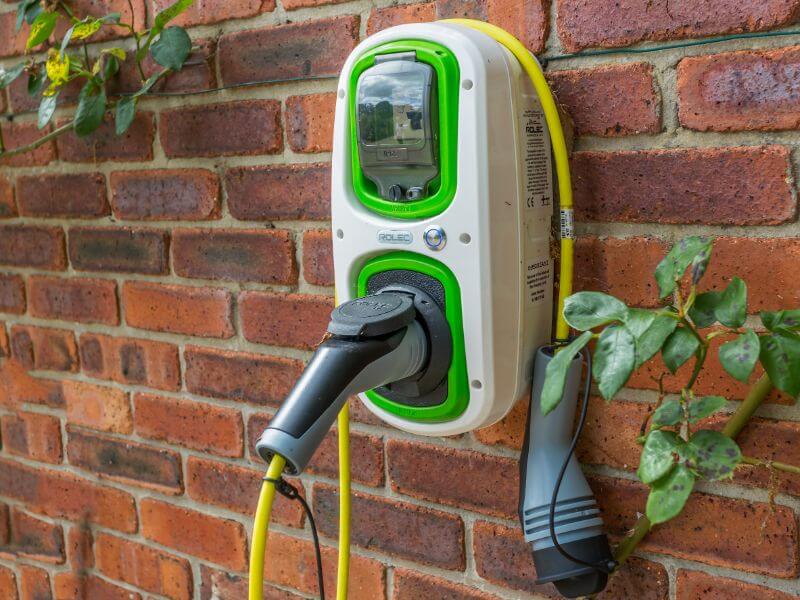With the rise of electric vehicles (EVs) in recent years, the need for convenient and accessible EV charging stations has become more prevalent than ever. As more people make the switch to electric cars, the infrastructure for EV charging is continuously evolving to meet the growing demand.
The importance of EV charging infrastructure
EV charging infrastructure plays a crucial role in the widespread adoption of electric vehicles. Without a reliable network of charging stations, EV owners may face range anxiety and limited mobility options. By investing in EV charging infrastructure, communities can encourage more people to make the switch to eco-friendly transportation.
Types of EV charging stations
There are several different types of EV charging stations available, each offering varying levels of charging speed and convenience:
- Level 1 chargers: These chargers typically use a standard household outlet and provide a slow charge rate, making them ideal for overnight charging at home.
- Level 2 chargers: Level 2 chargers offer faster charging speeds than Level 1 chargers and are commonly found in public parking lots and commercial spaces.
- DC fast chargers: DC fast chargers are the quickest charging option and are often located along highways or major travel routes for on-the-go charging.
Read more about EV charging infrastructure here.
FAQs about EV charging
Q: How long does it take to charge an electric vehicle?
A: The charging time for an electric vehicle can vary depending on the type of charger being used and the battery capacity of the vehicle. Level 1 chargers may take several hours to fully charge a vehicle, while DC fast chargers can provide an 80% charge in as little as 30 minutes.
Q: Are there any government incentives for installing EV charging stations?
A: Many governments offer incentives and rebates for businesses and property owners looking to install EV charging stations. These incentives can help offset the cost of installation and encourage the expansion of EV charging infrastructure.
As the automotive industry continues to shift towards electrification, the importance of EV charging infrastructure cannot be understated. By investing in a robust network of charging stations, communities can support the transition to sustainable transportation and reduce our reliance on fossil fuels.



